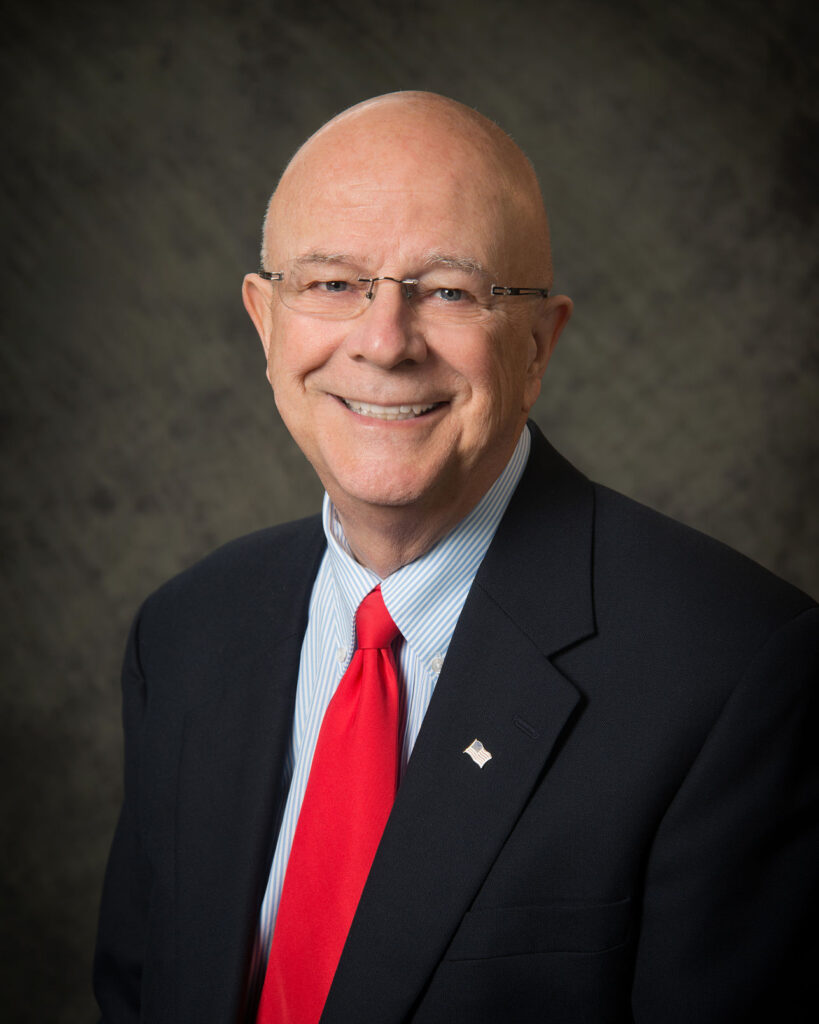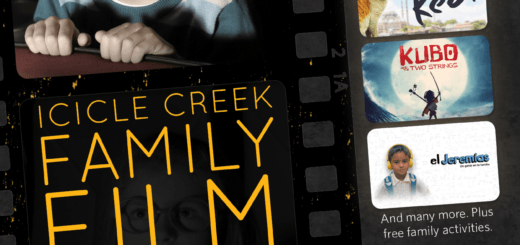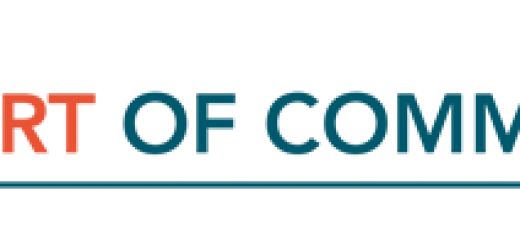Connection with caring teachers essential to student success
In a recent column, I wrote about my frustrations with the factory mindset that persists with regards to how our children are educated in this country.
I argued it would be far more effective to build approaches based on our evolving understanding of how human beings develop.
Central to this mindset is that we need to resist the temptation to view education as a problem to be fixed with a series of top-down rules from the state Legislature and instead work at the local level to foster the conditions under which all kids can thrive. The answers need to come from our communities working together and not the Legislature or the Office of the Superintendent of Public Instruction.
A more enlightened approach would treat students as human beings rather than system inputs in a factory-type model and would meet them where they are emotionally and academically rather than where political types think they should be.
The good news is that many educators and administrators already take this approach or are moving in this direction. We need to support efforts in our schools that recognize many students come to school with significant personal challenges (poverty, food insecurity, etc.) and they are creatively applying resources with the goal of helping all kids succeed.
We know, thanks to the otherwise flawed No Child Left Behind effort, that educational outcomes are significantly different for children of poverty, students of color and those with intellectual disabilities. A Gates Foundation grant being administered by Dr. Gene Sharratt is identifying schools across the state that have been successful in showing consistent improvement for these students over the span of several years.
Erich Bolz, another Wenatchee native and son of former educator Dennis Bolz, is working with Sharratt on the analysis in his work for the Center for Educational Effectiveness.
By understanding how these schools are achieving equity, the Gates Foundation is planning to pump in significant dollars to encourage schools to replicate on-the-ground practices that have proven to be successful. Building on success makes intuitive sense.
Dennis Bolz, who is also a Chelan County Public Utility District commissioner, was kind enough to respond to my column and offer on-the-ground insights about what education can and should be and the teacher-student relationship is essential.
“One of the major elements that makes a significant difference for students in finding success in school and then as adults is the relationship that can develop between that great teacher and that wonderful student.
“My last principalship (Lake Middle School in the Fife School District) illustrates the point perfectly. My first year we had over 3,000 student referrals to the office for discipline. Academic success was at a low point, and staff was split on how or what to do about anything.”
Bolz went on to say that at a national-level conference, he was introduced to a session that was centered around the concept that if you have a child’s heart, you then can work with the child’s mind. “It just made sense,” Bolz wrote.
With the buy-in of other staff leaders who attended a similar training, the staff was trained and “we changed our schedule to include the student part of the process called ‘teen leadership.’” “The whole thing is based on building human relationships and trust throughout the school culture,” Bolz continued.
“What happened over the next two years was great,” Bolz continued. “We added 100 students to our school by parent choice. Our discipline referrals reduced to 450 for the year. Grades and test scores significantly improved as well as school attendance. Life became good!
His central insight was this: “When teachers love on their students and trust and healthy respect grows, kids feel they are safe and someone cares….great things happen!”
He contrasted that success with a district failure in which the superintendent brought in a curriculum training program that added little or nothing to student learning.
Meeting kids where they are, encouraging meaningful student-teacher connections are essential elements of success.
For more information about the Center for Educational Effectiveness, check out this link:
https://www.effectiveness.org/



